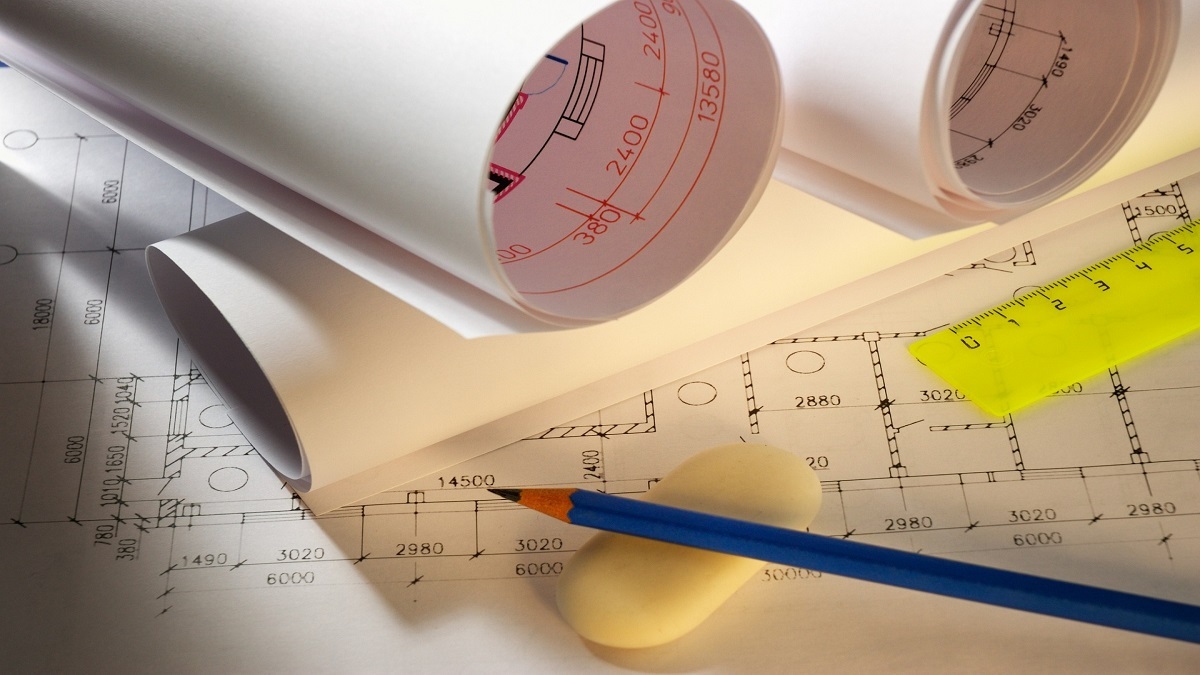The U.S. Department of Housing and Urban Development announced significant improvements to the evaluation of living conditions in HUD-assisted and insured housing.
The National Standards for the Physical Inspection of Real Estate (NSPIRE) Final Rule was released by HUD and published in the Federal Register, according to a May 10 news release. The rule lessens the burden of regulation while putting forth a novel method for defining and rating housing quality.
“HUD is transforming how the department manages the quality of affordable housing units with NSPIRE," HUD Secretary Marcia Fudge said in the release. "We are raising the bar because everyone deserves to live in safe and decent living conditions. Stronger standards, better inspections and greater insights about living conditions will result in healthier and safer homes for residents. That’s a win for everyone.”
The final rule was published following an extensive process including 16 listening meetings in 15 states with more than 3,330 participants, the release reported.
By coordinating and combining inspection regulations used to assess HUD dwellings across several programs, NSPIRE enhances HUD oversight, the release said. The uniform physical condition standard and housing quality requirements, formerly known as HUD's physical condition requirements, are strengthened by NSPIRE.
The HUD Real Estate Assessment Center carries out the inspections of the public housing and multifamily programs' buildings that have received assistance from HUD, according to the release.
Even though the NSPIRE regulation improved and modernized HUD's property criteria, it kept the clauses that guarantee the availability of secure, reasonably priced rental homes, the release reported. This includes HUD's approval of modifications to the HCV and PBV programs to account for local realities as well as approval of alternate inspection procedures in cases where there are additional requirements for affordable housing programs.
Additionally, NSPIRE maintains the existing clauses that guarantee people get notification of inspections and have access to inspection reports when they become accessible, the release said.
With the NSPIRE Final Rule now in effect, HUD is committed to working closely with housing providers and stakeholders to ensure a smooth transition and successful implementation of the new regulations, according to the release. The focus remains on improving the quality of affordable housing and creating a positive impact on the lives of individuals and families who rely on HUD assistance.




